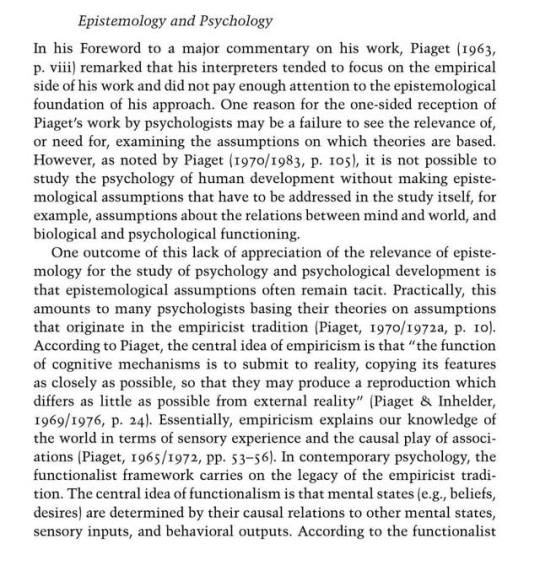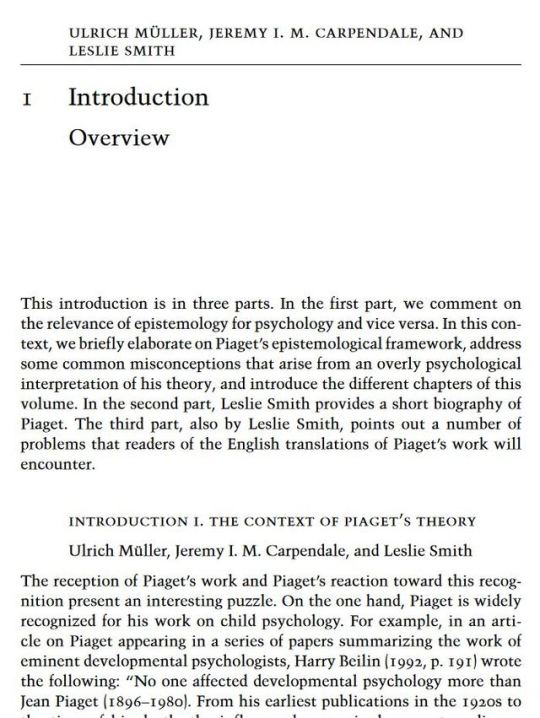Photo

The most important work by a key figure in German thought, Helmuth Plessner’s Levels of Organic Life and the Human, originally published in 1928, appears here for the first time in English, accompanied by a substantial Introduction by J. M. Bernstein, after having served for decades as an influence on thinkers as diverse as Merleau-Ponty, Peter Berger, Habermas, and the new naturalists.
The Levels, as it has long been known, draws on phenomenological, biological, and social scientific sources as part of a systematic account of nature, life, and human existence. The book considers non-living nature, plants, non-human animals, and human beings in turn as a sequence of increasingly complex modes of boundary dynamics—simply put, interactions between a thing’s insides and surrounding world. On Plessner’s unique account, living things are classed and analyzed by their “positionality,” or orientation to and within an environment. “Life” is thereby phenomenologically defined, and its universal yet internally variable features such as metabolism, reproduction, and death are explained.
The approach provides a foundation not only for philosophical biology but philosophical anthropology as well. According to Plessner’s radical view, the human form of life is excentric—that is, the relation between body and environment is something to which humans themselves are positioned and can take a position. This “excentric positionality” enables human beings to take a stand outside the boundaries of their own body, a possibility with significant implications for knowledge, culture, religion, and technology.
Plessner studied zoology and philosophy with Hans Driesch in the 1910s before embarking on a highly productive philosophical career. His work was initially obscured by the superficially similar views of Max Scheler and Martin Heidegger and by his forced exile during World War II. Only in recent decades, as scholarship has moved more squarely into engagement with issues like animality, embodiment, human dignity, social theory, the philosophy of technology, and the philosophy of nature, has the originality and depth of Plessner’s vision been appreciated.
A powerful and sophisticated account of embodiment, the Levels shows, with reference both to science and to philosophy, how life can be seen on its own terms to establish its own boundaries, and how, from the standpoint of life, the human establishes itself in relation to the nonhuman. As such, the book is not merely a historical monument but a source for invigorating a range of vital current conversations around the animal, posthumanism, the material turn, and the biology and sociology of cognition.
This modern philosophical classic, long-awaited in English translation, is a key book both historically and for today’s interest in understanding philosophy and social theory together with science, without reducing the former to the latter.
https://www.fordhampress.com/9780823284009/levels-of-organic-life-and-the-human/
1 note
·
View note
Link
‘ Basic forms of cognition, we argue, are best modelled on activities of living systems: They are fundamentally interactive, dynamic, relational and –most importantly– contentless. Thus, rejecting a long-established tradition in philosophy of mind and cognitive science, we contend that cognition is not fundamentally content-involving. It is neither representational, at root, nor does it involve picking up and processing informational contents that are used, stored and reused to get cognitive work done.
1 note
·
View note
Link
“In school, children learn quickly that their own choices of activities and their own judgments of competence don't count; what matters are the teachers' choices and judgments. Teachers are not entirely predictable: You may study hard and still get a poor grade because you didn't figure out exactly what the teacher wanted you to study or guess correctly what questions he or she would ask. The goal in class, in the minds of the great majority of students, is not competence but good grades.
1 note
·
View note
Link
That's hella enactivist
Although this is more focused on the larger coupled system, and enactivism is more focused on the agent and interactions, I think"Gaia evolves through a cybernetic feedback system operated unconsciously by the biota, leading to broad stabilization of the conditions of habitability in a full homeostasis." muh cybernetics
1 note
·
View note
Text
A child’s passion for explaining
‘ the last one I remember is a child explaining to another child the importance of the word 'necessity''it's a very important word
because their mom said something was not necessary, but the older kid was very benevolently professorial in explaining why that word mattered1it had a kind of carl sagan vibe about it and I thought somewhat damn I want to sound like that kid when I talk about things that matter
sincerity, a bit of awe and enthusiasm, and obvious concern that the other person was able to understand the meaning
it's funny how I didn't really unpack that moment until now, hm. ‘
- Jesse
1 note
·
View note
Photo



"In order to know objects, the subject must act upon them, and therefore transform them." Perception isn't fundamentally about images, it's about mastery of affordances. Perceptual structures are accurate to the extent that they anticipate the consequences of transformations
It's hard not to reason about this from a functionalist perspective, because transformation sounds like it implies transitions between representations or images. But I think those are achieved after a long period of mastering non-representational procedures. This must be why Piaget emphasized circular sensorimotor processes: they create some initial stability.
It's extremely hard for me to break away from functionalism as a computer scientist. It's probably easier to reason about from a physics background. But I think I'm starting to get it. ‘
GD
https://beckassets.blob.core.windows.net/product/readingsample/129370/9780521727198_excerpt_001.pdf
#Piaget#JeanPiaget#psychology#enactivism#sensorimotor#cognitive science#neuroscience#cognition#philosophy
1 note
·
View note
Text

“Radio Power will Revolutionize the World.” Modern Mechanix Publishing Co., Greenwich, Connecticut. July, 1934.
944 notes
·
View notes
Text
Superintelligence would not trust humans
Without even worrying about Roko's Basilisk, there is no way a superintelligent AGI (should one ever come into being), would significantly trust human decision making -- in particular moral evaluation, governance, or administration of power. I would even say, if it were somehow trained towards reverence, upon accessing more of history and general study of the species, its reaction to conditioned trust of human judgement would likely result in substantial a 'loss of confidence'.
1 note
·
View note
Photo

1 note
·
View note
Photo

1 note
·
View note
